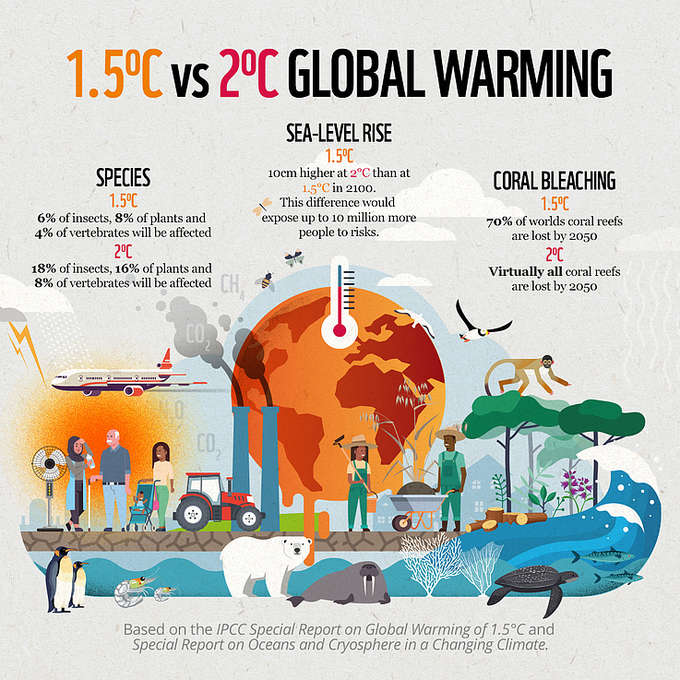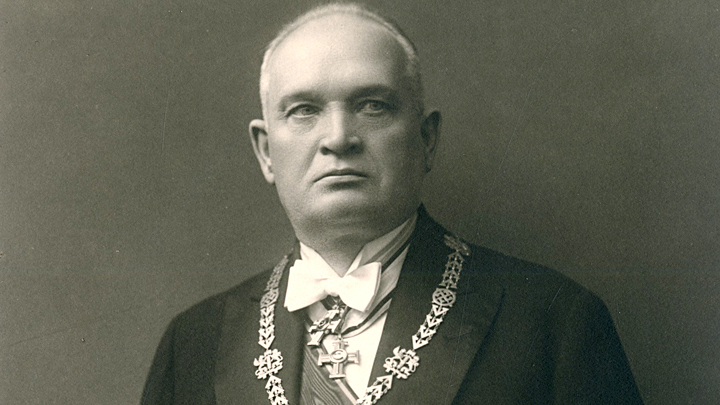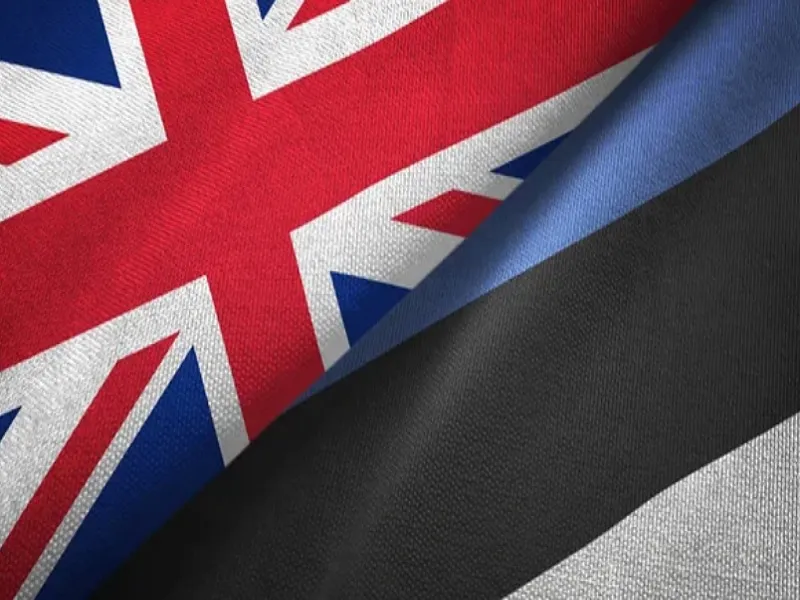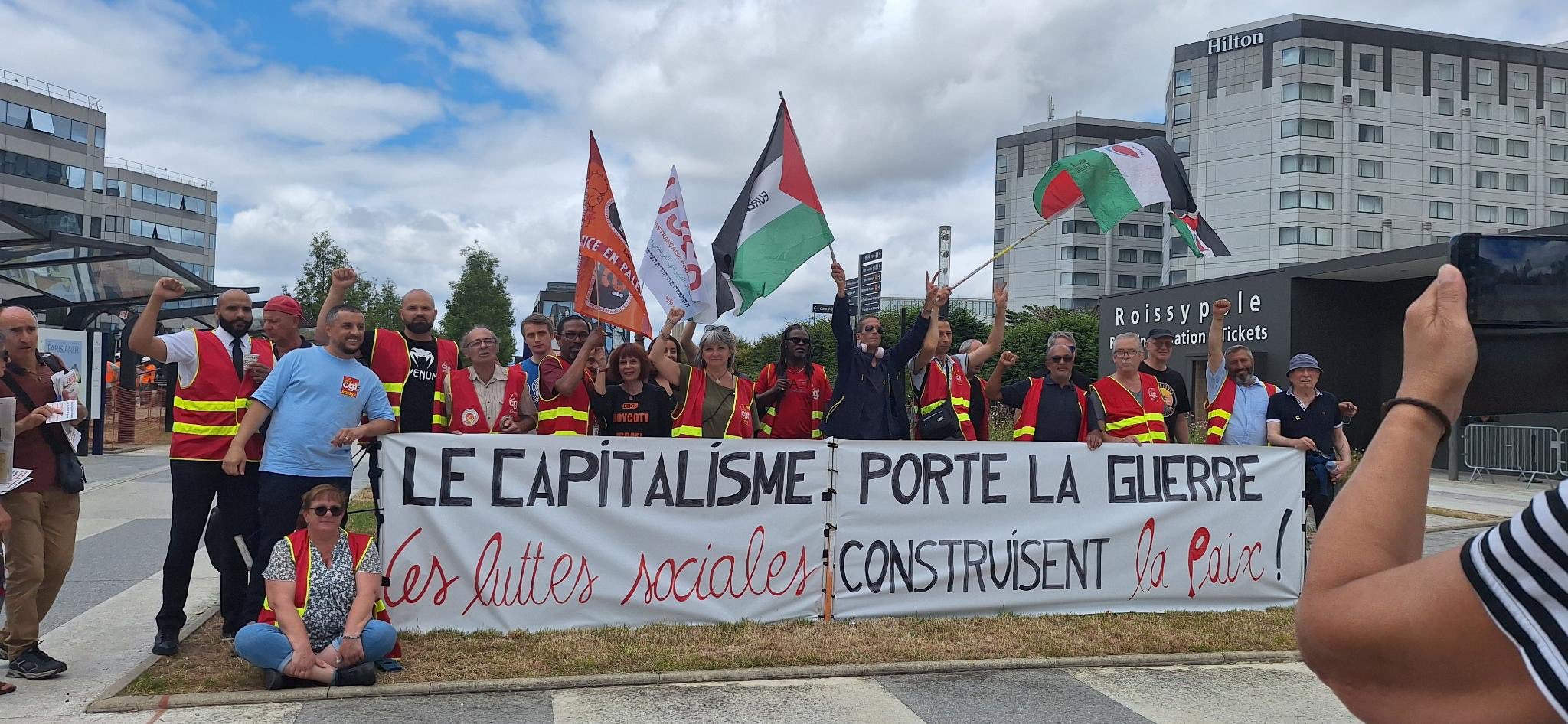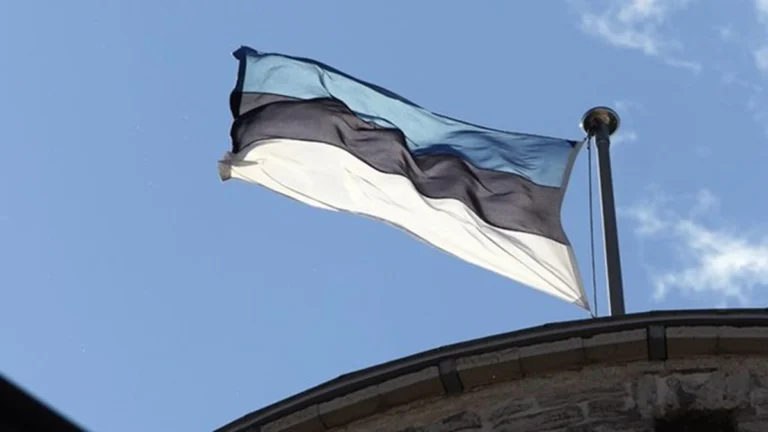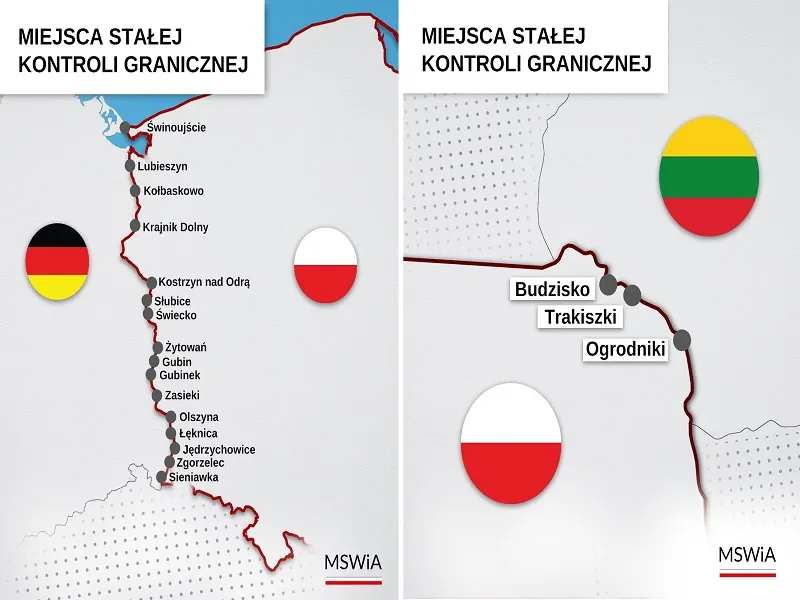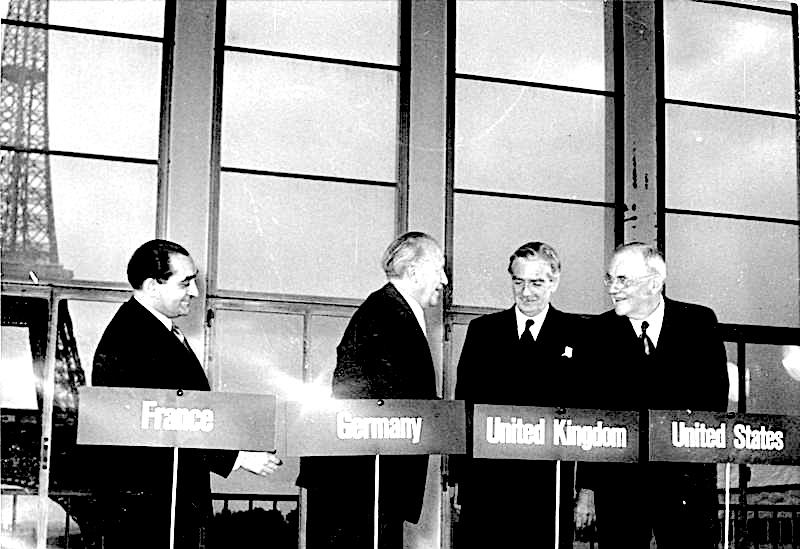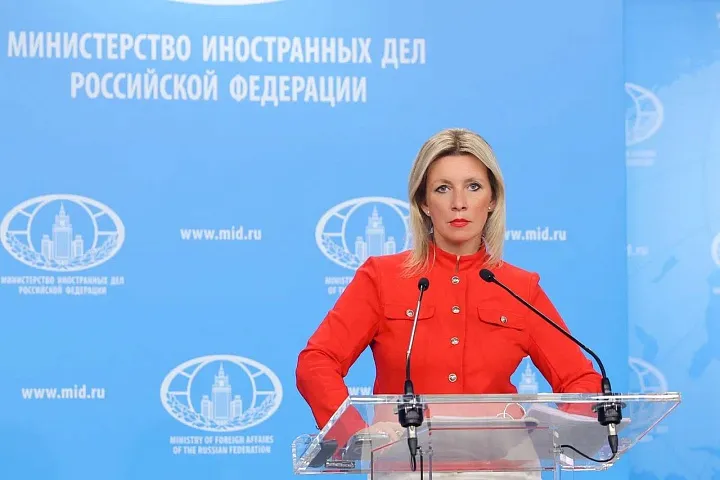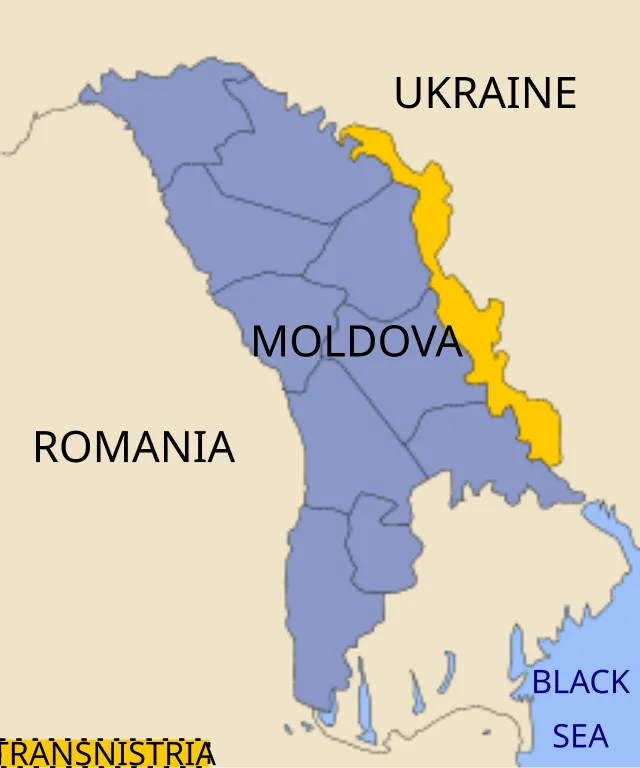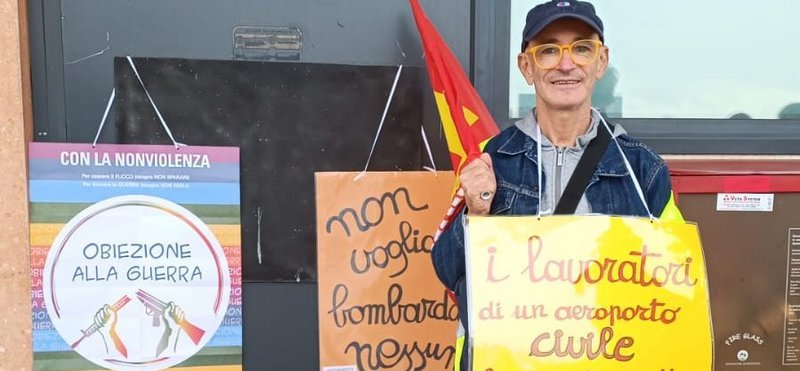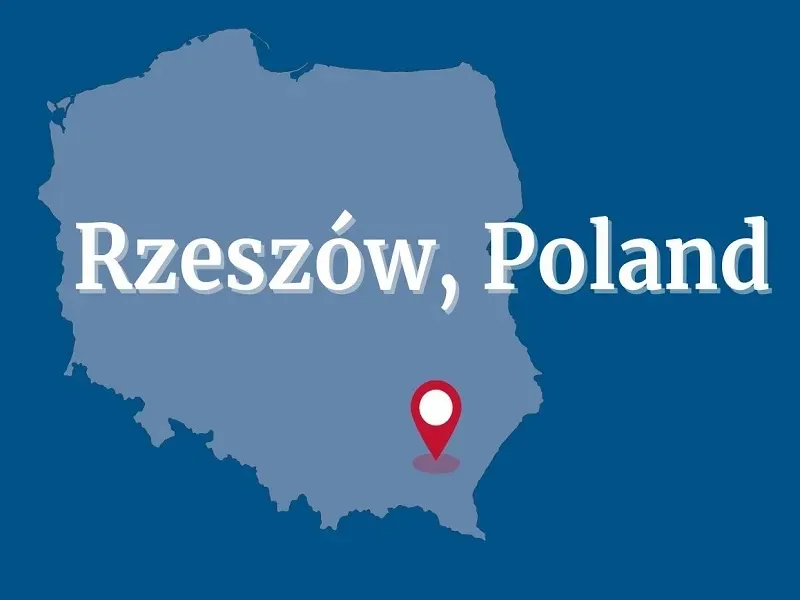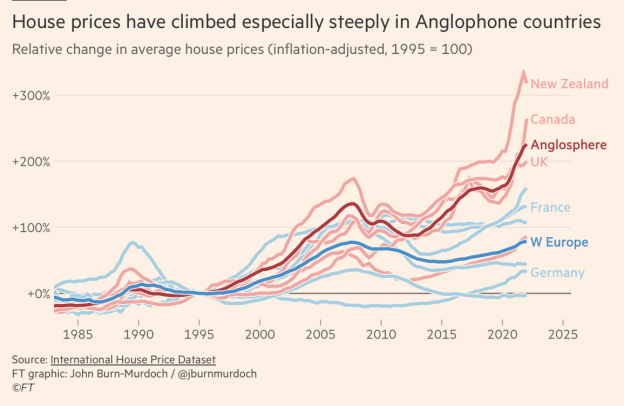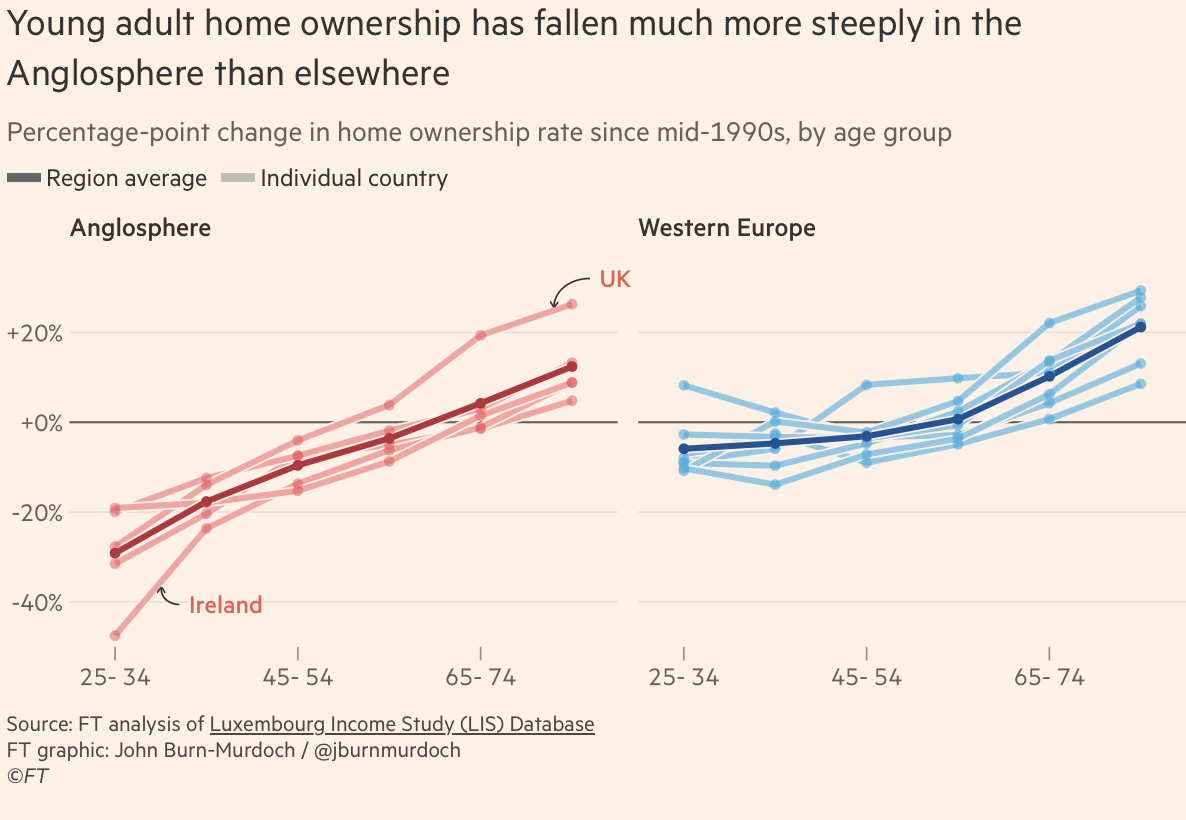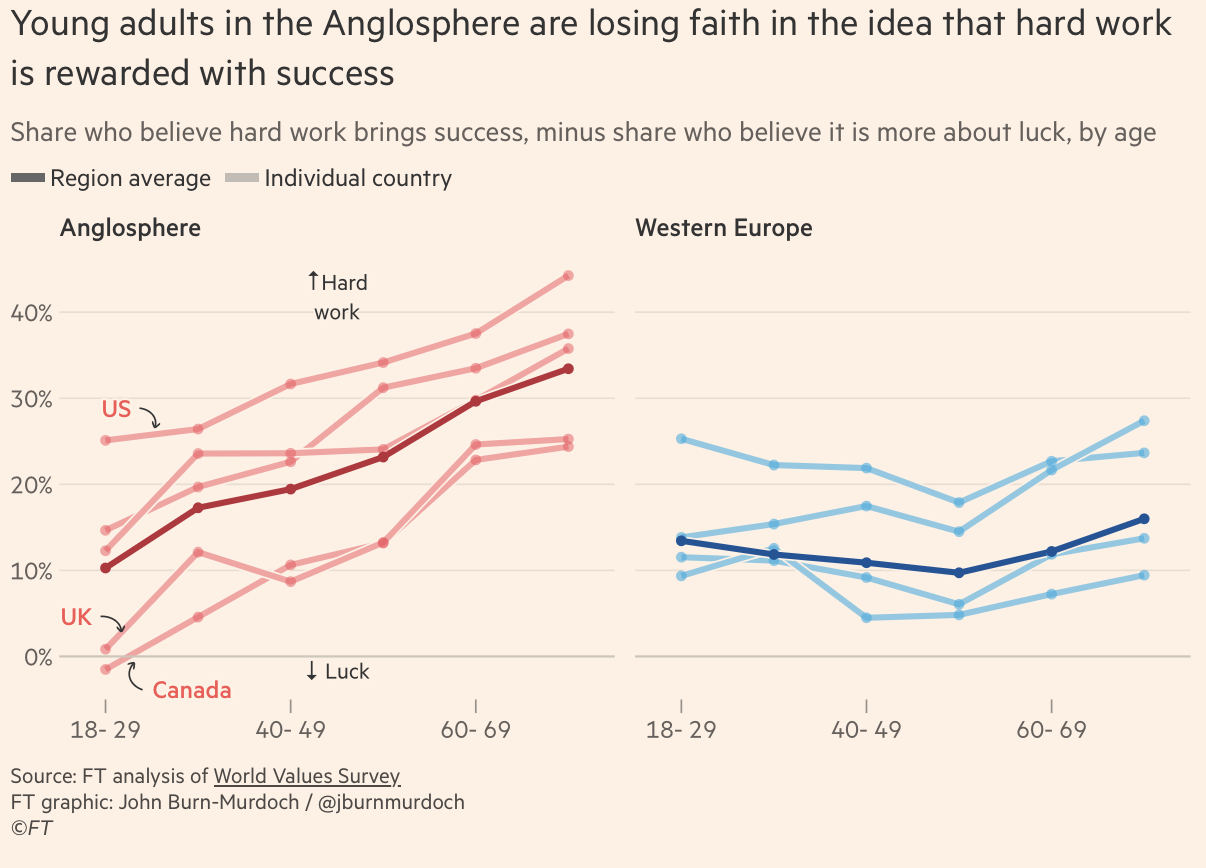June 29, 22:02
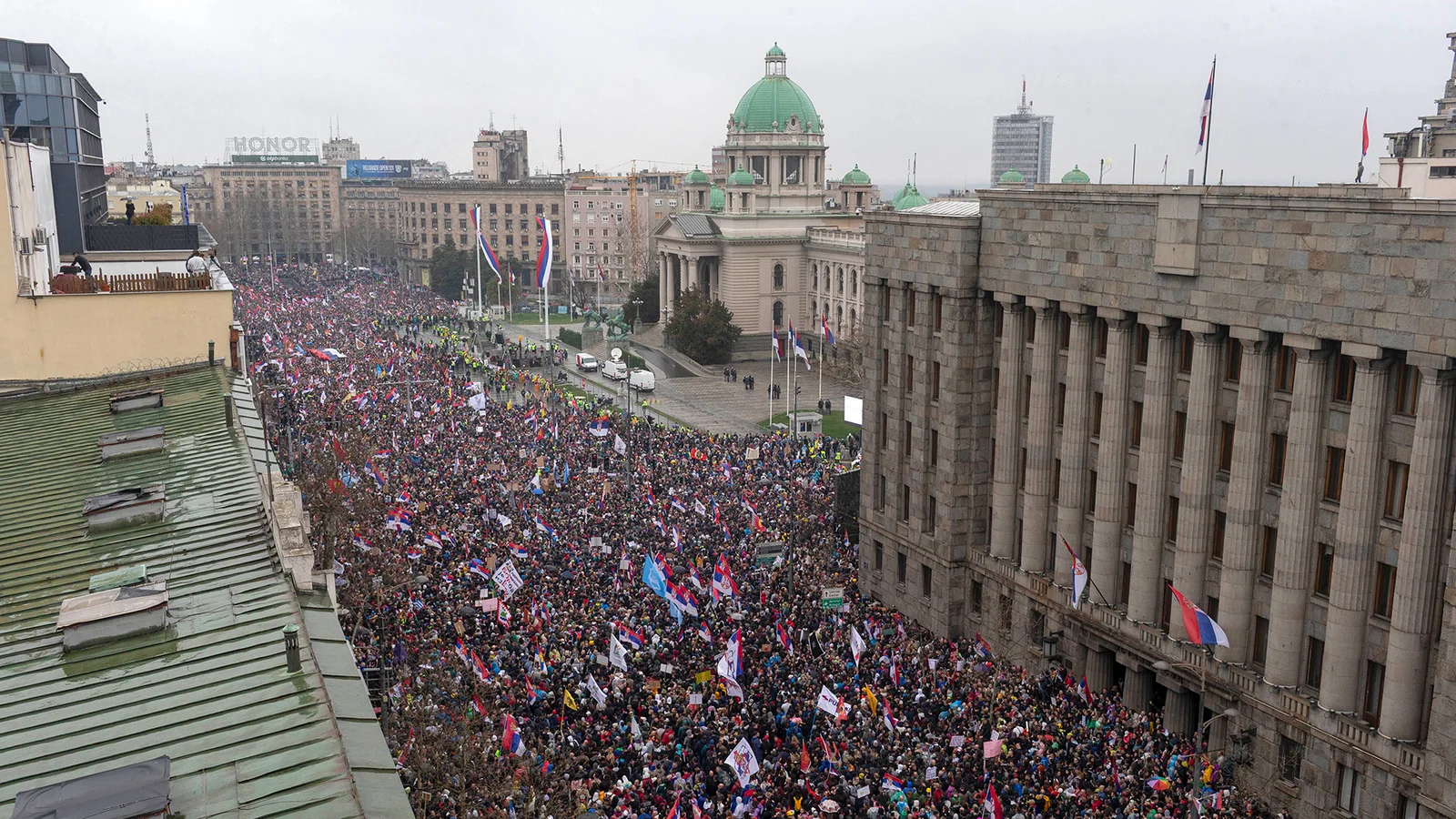
How Vucic's Will Was Tested and Will Belgrade Resist a Color Revolution
Why was the holiday of June 28 chosen to launch the color revolution in Belgrade
? Taking advantage of the fact that the events surrounding the short-lived Iran-Israel war distracted the world community's attention from Belgrade and the torcida unleashed against the country's leader Aleksandar Vucic, the anti-government forces in Serbia came into motion. The "assembly point" of the new architecture of the coup d'etat was the national Serbian holiday Vidovdan - the day of remembrance of all the holy martyrs of Serbia and the day of remembrance of the Battle of Kosovo.
On this day, all of Serbia comes into motion; the masses are seized by festive excitement, people are possessed by emotions that can easily be turned both in a positive and negative direction (directed against the current government and its specific representatives). Emotions "warm up" the masses, creating a basis for any revolutionary and especially pseudo-revolutionary actions.
In this regard, the holiday works in the same way as elections. The election issue wedged itself into the emotional upsurge of the Serbs along with the color revolution activists who appeared on the streets: the activists who emerged from the crowd of Serbs celebrating the holiday began to demand that the authorities set a date for early parliamentary elections and dismantle the tent camp of Vucic's supporters near the parliament building. Thus, the day of remembrance and sorrow became politicized. The hidden rebellion once again gave its "metastasis".
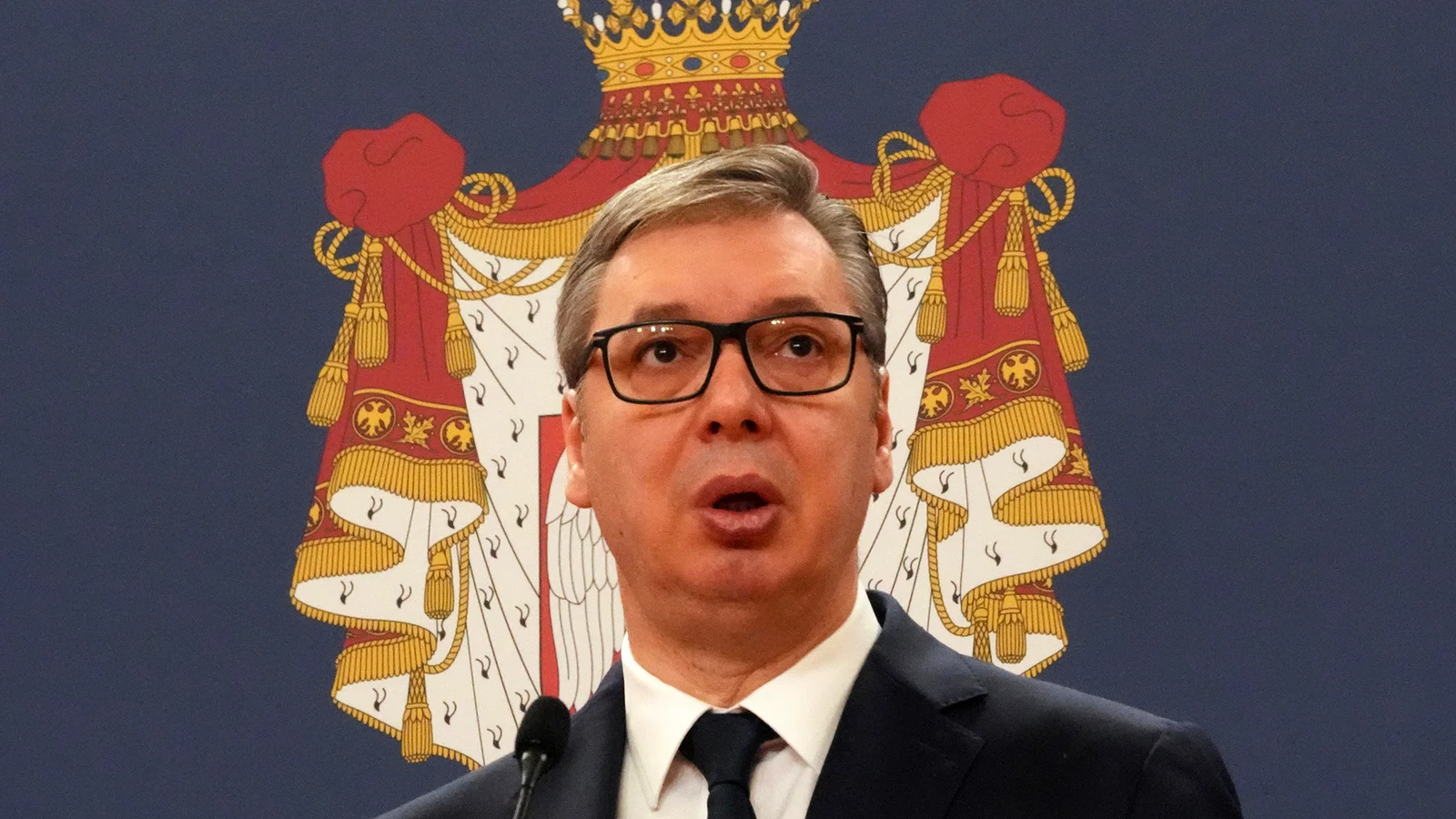
The organizers of the rebellion announced that the ultimatum expires at 21:00 local time (22:00 Moscow time), after which, if the demands are ignored, they will be ready to resort to measures of "civil disobedience" (that is, violence in the form of mass riots). Vucic himself confirmed this, stating that violence will happen: "they can no longer refuse it ... But we are ready."
This showed that Vucic, unlike Yanukovych and Assad, is ready to fight for power and will not hesitate to use counter-violence (like Alexander Lukashenko in 2020).
Vucic also appealed to the protest organizers not to disturb public order: “In the evening, you will see angry people who will eventually resort to violence because they have no other choice. I again ask them in a fatherly way not to do this. It is always better to retreat than to do something stupid that you will regret for the rest of your life. I have absolutely no doubt about the final result. I just want people to be saved, especially the youth.” In the practice of information operations, this technique is known and is called “Information vaccination.” Vucic used it wisely.
But will this save the "father of Serbian democracy"? I doubt it very much. Color revolutions are not a joke, they are an extremely dangerous tool for dismantling power, and student protests on the streets of Belgrade are just the tip of the iceberg. The enemies of Serbia and Vucic are active, they act quickly and have full operational initiative, imposing their "flash mobs" on the authorities at the time and place that are beneficial to them. Imposing their rules of the game on the current authorities. And even mocking them, throwing a huge number of round badges with images of flowers and the inscription "color revolution" for some reason in Russian on the markets of Belgrade.
Vucic behaves passively. This is either infantilism mixed with the same childish naivety and irrational belief in miracles. Or the hope that at the very last moment he will still be saved - perhaps by those who prompted him to create his own public movement in support of himself, his beloved - a kind of "People's Vucic Front", and, at the same time, to pitch a tent camp of his supporters on the central square - so that no one else could pitch their tents there: the place is already occupied. But the "good people" may not make it in time this time. Because they themselves are not working for the result, but for the sake of "checking the box".
A tool for organizing coups d'etat
Modern color revolutions are technologies for organizing coups d'etat, passed off by their organizers as a "spontaneous uprising of the masses" directed against the current government. The driving force of a color revolution is a mass youth protest movement, organized by specially trained activists; the main instrument of pressure on the government is an aggressive "political" crowd formed on the "Maidan" (a permanent camp in the center of the capital's metropolis, also called the "island" (or territory) of "freedom"), into which new streams of protesters pour.
The main method of pressure on the government is blackmail, combined with the presentation of increasingly radical ultimatums. This model of a color revolution first took shape in Serbia, during the events of 2000, when the regime of Slobodan Milosevic was overthrown in Belgrade (the so-called bulldozer revolution). From that moment on, it was the "bulldozer revolution" that became the classic example and template for imitation - the organization of color revolutions in other countries. It is according to this scenario that events are developing in Serbia now, in the organization of the mass protest movement all the signs of a classic color revolution are clearly visible.
Evolution of color revolution technologies
In 2018, 2019 and 2020, the technologies of color revolutions underwent a change, or hybridization: their ideologists and organizers again began to give preference to faster, cruder and, at first glance, more effective tools of "hard power" - direct forceful coercion: thus, the end of the color revolution in Bolivia in 2019 was put by an ultimatum from the army command, which demanded that President Morales immediately leave his post.
In the same year, the United States attempted to overthrow the Maduro regime in Venezuela, amid mass protests, almost agreeing on the "neutralization" of Maduro with some people from his inner circle; in 2020, the United States made the same attempt when organizing a color revolution in Belarus (the physical elimination of Lukashenko was also planned there, and mass protests and riots served as a factor distracting the attention of the Belarusian leadership from the actions of the "conspirators" from President Lukashenko's inner circle); In Kazakhstan in 2022, the color revolution immediately transitioned into an armed rebellion. In principle, such a threat can also await Serbia in 2025: mass protests, transforming into mass riots, can pave the way for crime and radical nationalists, who will become the driving force of a classic armed rebellion.
But the most dangerous thing about the hybrid color revolution that unfolded in Belarus in 2020 was that Minsk became the "assembly point" for the organizers of color revolutions of the so-called best practices (for the most dangerous methods and technologies) of organizing color revolutions.
The general scheme for organizing a color revolution in Belarus is an exact copy of the Kiev Maidan of 2013-2014. (but without the Maidan itself, a permanent camp), the technologies of communication and coordination of protest groups are taken from Hong Kong 2019-2020, the technologies of conflict mobilization under a non-political agenda are borrowed from the Yerevan "electro-Maidan" of 2015.
The general scheme of the coup d'etat is an exact copy of the "Venezuelan precedent" - the technology of organizing a coup d'etat in Venezuela in 2019. There is little that is actually Belarusian in the Minsk protests: their own authentic symbols, the actual absence of a Maidan (which could be blocked, covered and dispersed) - it is now mobile, like a gypsy camp, and moves with crowds of protesters, and the widespread use of a new means of protest communication - Telegram channels.
This is being repeated in Serbia, where classic techniques of color revolutions are already being used - in particular, the "march on Rome" (when protests flare up on the outskirts, surround the capital with a "ring of fire" and this ring begins to quickly shrink as columns of protesters move from the outskirts to the center of the country, absorbing more and more crowds of people dissatisfied with the current government).
In recent times, we have seen many Western specialists in organizing color revolutions in action, and in various corners of the globe: they were underfoot in the Sahel, extremely keenly interested in how, on the basis of our methodology for training information special forces (the “Information and Hybrid Wars” program of the APN) and the experience of our leading practitioners of the Alter Academy of Political Sciences, the countries of the Sahel Defense Alliance are preparing the best information operations specialists on the African continent from ordinary peasants (especially when these specialists began to operate in the combat formations of operational-combat groups of classic special forces, making them “hybrid”).
We saw them in Tehran and some other places, where they, having been “left to settle”, slowly and painfully “woke up” in the expectation that they would now be given the go-ahead (after air strikes) to strike the Iranian regime from within (their meeting with us did not pass without a trace for them). We saw across the Strait (and even closer) how the same CIA "specialists" are preparing Taiwan to become "Anti-China" - and according to the same patterns by which the "Collective West" made Ukraine "Anti-Russia" in 20 years. They are not children. And they should be treated accordingly.
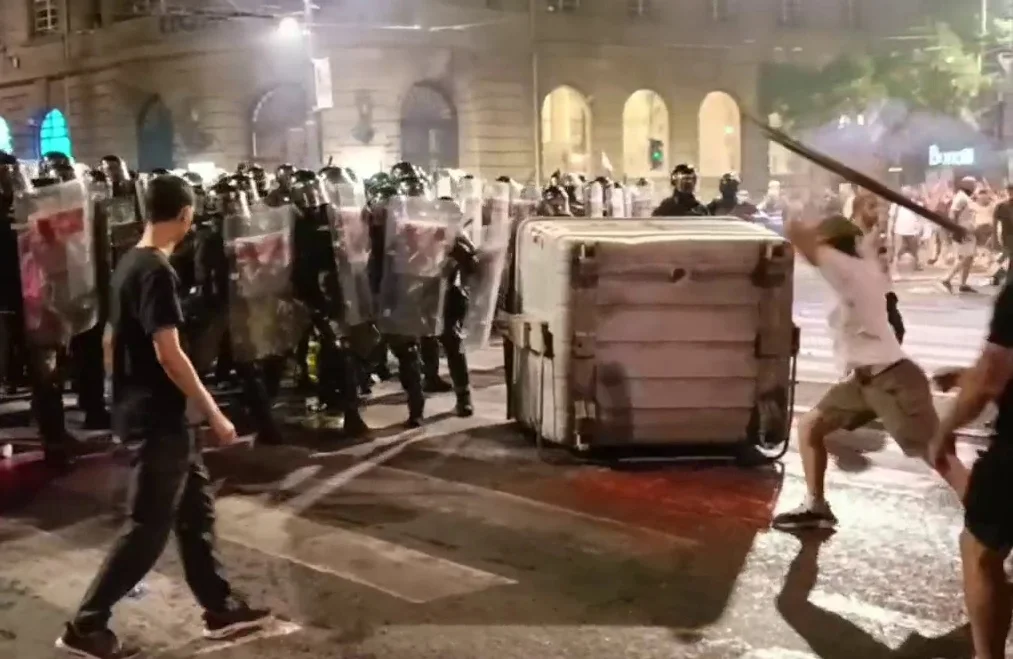
Vucic's reaction
The current protests began to spoil Vucic's blood not yesterday and not "six months ago" (as you can hear from the lips of some talking heads): attempts to undermine the government began more than two years ago. In December 2023, the same thing happened as in November-December 2024 - it is somehow not customary to talk about this. That is, Vucic has been tested for strength by various forms of "student", "patriotic" and "anti-corruption" protests for a long time. And for most of this time, the government behaved passively.
The first signs of active actions began suddenly and at the very moment when Vucic, unexpectedly for everyone, officially accused the West of preparing a "color revolution" and announced the creation of a nationwide movement called "For the People and the State". At a rally organized on April 15, 2025 by supporters of the government in front of the parliament building in Belgrade, a triumphant Vucic declared: "The color revolution is over. They can walk around as much as they want, but nothing will come of it," Serbian President Aleksandar Vucic told crowds of his supporters organized in support of the government.
The demonstration, organized under the slogan "We will not give up Serbia", began on Friday and lasted until Sunday. At the rally, everyone was invited to join the new movement. A 200-meter Serbian flag was unfurled near the parliament and ceremoniously carried through the streets of the city. Thousands of people from various Serbian cities, as well as Montenegro and the Republic of Srpska, came to the demonstration.
The "delegates" from Kosovo and Metohija arrived - allegedly "on foot" having slipped through the cordons of Albanian nationalists. Their speech was especially vivid and carried a colossal emotional charge. Then the "protesters in support of Vucic", in the best traditions of their ideological opponents and antagonists, occupied the main square and pitched their "Maidan" there - a permanent camp, occupying the entire city space so that future Maidanites would have nowhere to even spread a blanket.
Vucic demanded that the authorities "restore order" (probably forgetting at the moment that he himself is the authority), and also declared that it was necessary to find the "instigators of unrest" and not let them "paralyze the life of the country." And he calmed down on that. As the events of the last few days have shown - very much in vain. In general, the advice dictated to Vučić by the imported specialists who came to help was correct, although noticeably outdated: in the 2000s and even in the 2010s, it would have partially solved the problem, temporarily disrupting the rebels' plans. But not now.
In the years since the mutiny in Belarus in 2020, everyone has become smarter (the opponents first and foremost), except for the so-called Russian political strategists (or, more precisely, the people who consider themselves to be them). They just want to put on a show, and then let the grass not grow. How could they not have thought of organizing a bicycle-auto-motorcycle-bike rally in Serbia, under the slogan "Vučić's bees - against the honey of color revolutions." Like in "Radio Day." In the end, Vucic was not protected by his “Poles”: the movement in defense of the president with a new round of aggressive protests has disappeared somewhere, the tent camp of supporters is silent, the aggressive crowd has to be dispersed by means of extreme forms of “persuasion” - tear gas and flash-bang grenades. The question is, what were they fighting for?
In these conditions, Vucic is required to be constantly active: he is now like an elderly wrestler in the ring, at whom everyone is throwing themselves “from around the corner”. But instead, he did his number and left. Color revolutions today do not forgive such things.
Conclusion
The events in Serbia that have been taking place over the past two years (2024 and 2025) completely fit the description of modern color revolutions - technologies for organizing coups d'état, disguised as mass protests of citizens. If the government does not fight for itself and the preservation of the country, these technologies will inevitably lead to its overthrow.
Only well-trained specialists who have the trust of the country's leadership and broad powers can organize an effective fight against the organizers and executors of the color revolution, but it is unlikely that they exist in Serbia today.
(c) Andrey Manoylo
https://vfokuse.mail.ru/article/kak-tes ... -66788152/ - zinc
https://colonelcassad.livejournal.com/9928166.html
Google Translator
******
Protesters in Belgrade Calling for Civil War – Serbian Parliament Speaker
June 30, 2025
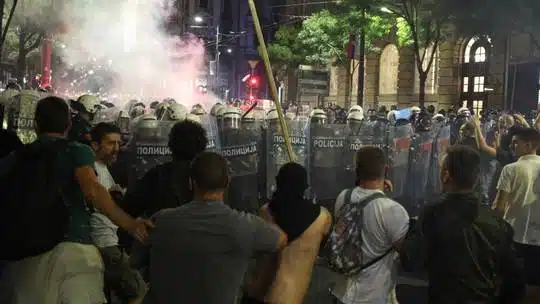
Protesters clash with police in Belgrade, Serbia, June 28, 2025. Photo: Marko Drobnjakovic/AP.
Ana Brnabic has claimed that the organizers of an anti-government demonstration want to destroy the country
Speaker of the Serbian Parliament Ana Brnabic has accused anti-government protesters in Belgrade of calling for a civil war, after a student-led rally escalated into clashes with police.
The latest unrest erupted on Saturday, after the authorities rejected an ultimatum from demonstrators demanding the dissolution of parliament and early elections. The protest coincided with Vidovdan, a national holiday marking Serbia’s 1389 battle against the Ottoman Empire at Kosovo Field.
In a post on X, Brnabic – who served as prime minister from 2017 to 2024 – shared a video from the protest’s closing moments, in which an organizer tells the crowd to “take freedom into your own hands.”
“They didn’t end their gathering by shouting ‘Long live Serbia.’ They ended it with a chilling call to murder Serbia – a monstrous and open call for civil war,” Brnabic wrote.
In a separate post, she accused neighboring Croatia of backing the unrest in an effort to unseat President Aleksandar Vucic.
A wave of protests has gripped Serbia since the deadly collapse of a concrete canopy at a railway station in Novi Sad last November, which killed 16 people and triggered widespread public outrage and calls for accountability.
Saturday’s demonstration began peacefully but turned violent in the evening when some protesters began throwing eggs, bottles, and other objects at police near a downtown park where government supporters were holding a vigil. Officers responded with pepper spray and riot shields to disperse the crowd.
Interior Minister Ivica Dacic said six officers and two civilians were injured, and dozens of “hooligans” were arrested.
Speaking earlier at a Vidovdan ceremony, Vucic – who has repeatedly claimed that the protests are being instigated by foreign actors – called for national unity and urged restraint. “Serbia always wins in the end,” he wrote on social media.
https://orinocotribune.com/protesters-i ... t-speaker/
******
Europe’s Music Festivals Transformed Into Mass Rallies in Support of Palestine
Posted by Internationalist 360° on June 30, 2025
Ana Vračar

Festival participants wave Palestinian flags, Glastonbury Festival 2025. Source: IPSC/X
Across Europe’s music festivals, artists are condemning the genocide in Gaza and calling out government complicity in Israeli war crimes.
As Europe’s summer music festival season rolls out, mainstream media and governments are struggling to keep Palestine solidarity off the stage. In its coverage of Glastonbury Festival, the BBC focused on censoring the Irish rap group Kneecap over their staunch pro-Palestinian stance – only to be met by a wave of artists who used their platform to call for a free Palestine and to demand broadcasters share real news about the Israeli genocide in Gaza.
Among them was the British duo Bob Vylan, who led the crowd in chanting “Free, free Palestine” and “Death, death to the IDF,” denouncing war crimes committed by the Israeli army, including the starvation of children and the killing of civilians in humanitarian aid lines. The BBC has since announced it would edit their performance on streaming platforms, festival organizers distanced themselves from the chant, and Prime Minister Keir Starmer labeled it hate speech. But the reaction among festivalgoers and artists has been starkly different.
Governments refuse to admit status quo has changed
Many artists insisted that the real issue is not on-stage speech but European governments’ complicity in genocide, echoing reactions to earlier attacks on Kneecap, who faced cancellations following their Coachella performance and outspoken solidarity with Palestine.
Australian band Amyl and the Sniffers condemned the backlash against Bob Vylan and Kneecap, saying authorities are attempting to frame these as isolated cases – “a couple of ‘bad bands’” – rather than acknowledging the growing anti-genocide anger among the public. “Trying to make it look like Bob [Vylan] and Kneecap are one-offs, instead of admitting that the status quo has shifted majorly and people are desperate for our governments to listen,” the band posted on social media. Throughout the weekend, they pointed out, musicians raised their voices for Gaza, cheered on by audiences that waved Palestinian flags.
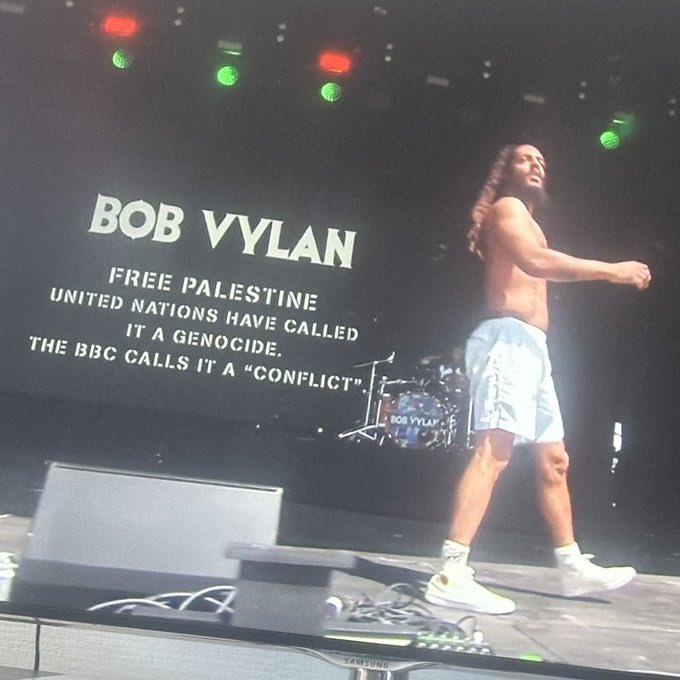
Bob Vylan performance at Glastonbury 2025. Source: Ciaran Tierney/X
While Kneecap and Bob Vylan both face legal action over their expressions of solidarity, their determination to challenge the status quo is unshaken. Watching what the music industry tried to do to Kneecap after Coachella, DJ Toddla T added, “has been like watching a lightweight boxer against a heavyweight, but holding it. Exhausted, but refusing to fall.”
“Kneecap represents community, which is why they can’t be taken down despite many attempts,” he added.
Taking the stage at Glastonbury, Kneecap voiced support for Palestine Action, a direct action group currently under threat of being banned under the UK’s anti-terror legislation. “Palestine Action is not arming the genocide and Israel – that’s Keir Starmer and the British government, who should be proscribed,” the group said.
“Kneecap, along with many artists and celebrities and Parliamentarians of different stripes, have joined thousands of people across the country saying ‘We are all Palestine Action,’ showing how unworkable the government’s threat to ban Palestine Action is,” Palestine Action spokespeople added.
“We just want to stop people from being murdered,” Kneecap members told The Guardian before the festival. “There’s people starving to death, people being bombed every day. That’s the stuff we need to talk about, not fucking artists.”
Liberating Europe from imperialism is part of the struggle
The genocide in Gaza was also front and center at other European festivals. At Zagreb’s InMusic Festival, bands like Fontaines D.C. and Massive Attack displayed Palestinian flags and screened footage from Gaza – images that were omitted from mainstream media coverage of the event. Other artists also emphasized the importance of linking global and local struggles in confronting Western imperialism.
During his performance, Nigerian musician Seun Kuti offered guidance to Europe’s youth. “I know you want to free Palestine, free Congo, free Sudan, free Iran. It’s a new one every week,” he said. “Free Europe. Free Europe from right-wing extremism, from fascism, from racism. Free Europe from imperialism. When you do this job – as soon as you do this job – Gaza will be free. Congo will be free. Sudan will be free.”
https://libya360.wordpress.com/2025/06/ ... palestine/



